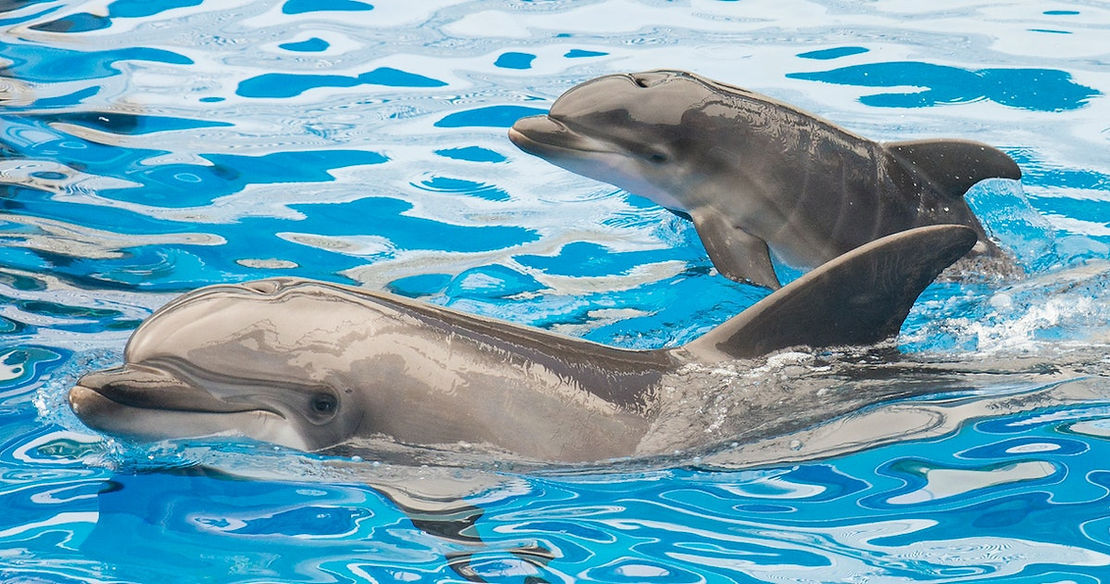By: Alan Chen
A study says that bottlenose dolphins change the way their voices sound when they are talking to their baby’s or calves.
The researchers recorded the clicks and whistles of 19 mother dolphins, when they were with their offspring, or other dolphins. The dolphin signature whistle is unique and very important, like calling out your name.
They use their whistles to keep track of each other. It’s like saying, I’m here. When whistling to their calves, the dolphins make it more high pitched. That was true for every one of the 19 mother dolphins.
Research from back in the 1980s showed that like dolphins, human children pay more attention to more high pitched speech than low. Female rhesus monkeys also make their voices high pitched to capture their offspring’s attention, while zebra finches elevate their pitch to make it easier for their chicks to learn birdsong.
The researchers focused mainly on the signature call, so we don’t know if the mother dolphins also use the baby talk to teach them how to speak, like humans do.
By using specific pitches in speech, the calves know that they are talking to them. It’s important for calves to know whether their mother is talking to them, or if they are announcing their presence to other dolphins.











